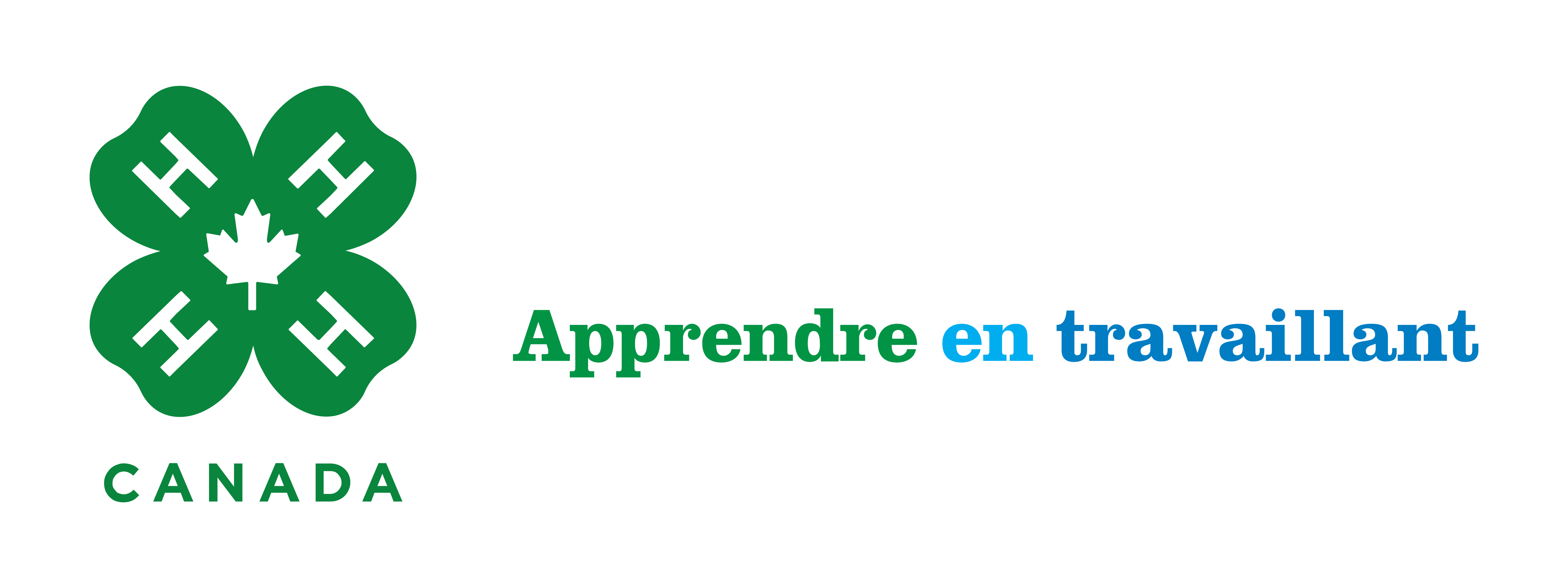Les 4-H du Canada décernent deux nouveaux titres de membre honorifique lors du Gala des prix d’excellence en leadership des 4-H du Canada 2021
Ottawa (Ontario) – 10 février 2021 – Les 4-H du Canada sont heureux de nommer Duane Bristow (de la Saskatchewan) et Nancy Orr (de l'Île-du-Prince-Édouard) membres honorifiques à vie des 4-H du Canada. Ils recevront tous deux leur prix lors du Gala des prix d'excellence en leadership des 4-H du Canada, qui aura lieu de manière virtuelle le 22 février 2021.
Duane Bristow a connu une fructueuse carrière dans le secteur de l'agriculture; il a travaillé pour le Saskatchewan Wheat Pool pendant plusieurs années avant de mettre à bon escient ses compétences et ses connaissances à la consultation en recherche. À titre d'ancien membre des 4-H, M. Bristow a continué à contribuer au mouvement des 4-H; il a joué un rôle prépondérant dans l'expansion du Saskatchewan Centre Camp Rayner et dans l'organisation des célébrations provinciales du centième anniversaire en 2017. À l'échelle nationale, en plus d'être membre des 4-H du Canada depuis près de trois décennies, M. Bristow a été membre et président du conseil d'administration des 4-H du Canada ainsi qu'administrateur et président de la Fondation des 4-H du Canada.
Nancy Orr s'est non seulement distinguée comme animatrice au sein de la communauté des 4-H, mais également en devenant la première femme juge de cour provinciale et la première femme juge en chef de cour provinciale, sans parler du fait qu'elle est aussi une championne émérite du hockey amateur canadien. Au fil des ans, Mme Orr a été un modèle pour les jeunes de son club et pour les autres animateurs des 4-H de l'Île-du-Prince-Édouard, mettant ses connaissances, son temps et ses ressources à la disposition des 4-H, y compris à titre de présidente de la Fondation des 4-H de l'Île-du-Prince-Édouard. En 2009, Mme Orr a reçu le Prix annuel de l'animateur bénévole national. À l'échelle provinciale comme à l'échelle nationale, Mme Orr est une généreuse donatrice pour la Fondation des 4-H de l'Île-du-Prince-Édouard et pour la Fondation des 4-H du Canada.
Le titre de membre honorifique à vie des 4-H du Canada, fièrement appuyé par Financement agricole Canada, reconnaît des personnes qui ont incarné les valeurs des 4-H du Canada au cours de leur vie et qui ont rendu des services exceptionnels aux 4-H à un ou plusieurs niveaux de l'organisme. Le titre de membre honorifique a été créé en 1950 afin de reconnaître les personnes qui ont apporté une contribution exceptionnelle à l'organisation des 4-H au Canada. Avec l'ajout de Duane Bristow et de Nancy Orr, les 4-H du Canada comptent maintenant 73 membres honorifiques à vie.
« Les contributions de Duane Bristow et de Nancy Orr ont été déterminantes pour le succès du mouvement des 4-H, tant à l'échelle régionale qu'à l'échelle provinciale et nationale », affirme Valerie Stone, présidente du conseil d'administration des 4-H du Canada. « En devenant membres honorifiques à vie des 4-H du Canada, Duane et Nancy se joignent à un groupe sélect de personnes axées sur le service qui ont eu un impact considérable et durable sur le programme des 4-H au Canada. »
Pour obtenir de plus amples renseignements sur le Gala des prix d'excellence en leadership des 4-H du Canada qui aura lieu le 22 février 2021, visitez le 4-h-canada.ca/fr/prix4h.
Pour en apprendre davantage sur le titre de membre honoraire, visitez le 4-h-canada.ca/fr/prix.
- 30 -
À propos des 4-H du Canada
Depuis plus de 100 ans, les 4-H du Canada représentent l’un des organismes de développement positif des jeunes les plus respectés au Canada. Les 4-H au Canada comptent plus de 23 500 membres et près de 8 700 animateurs bénévoles. Notre objectif est d’aider les jeunes Canadiens à « apprendre en travaillant » dans un environnement sécuritaire, inclusif et amusant. Nous croyons en la formation de jeunes leaders responsables, attentionnés et collaborateurs qui ont la volonté de jouer un rôle positif dans les communautés des quatre coins du Canada et partout dans le monde. Pour en apprendre davantage sur les 4‑H du Canada, veuillez visiter 4-h-canada.ca/fr et suivez-nous sur Facebook, Twitter et Instagram.
Pour obtenir de plus amples renseignements, les médias peuvent communiquer avec :
Mike Sheeler
Directeur du marketing et des communications
Les 4-H du Canada
613-316-5422
msheeler@4-h-canada.ca
